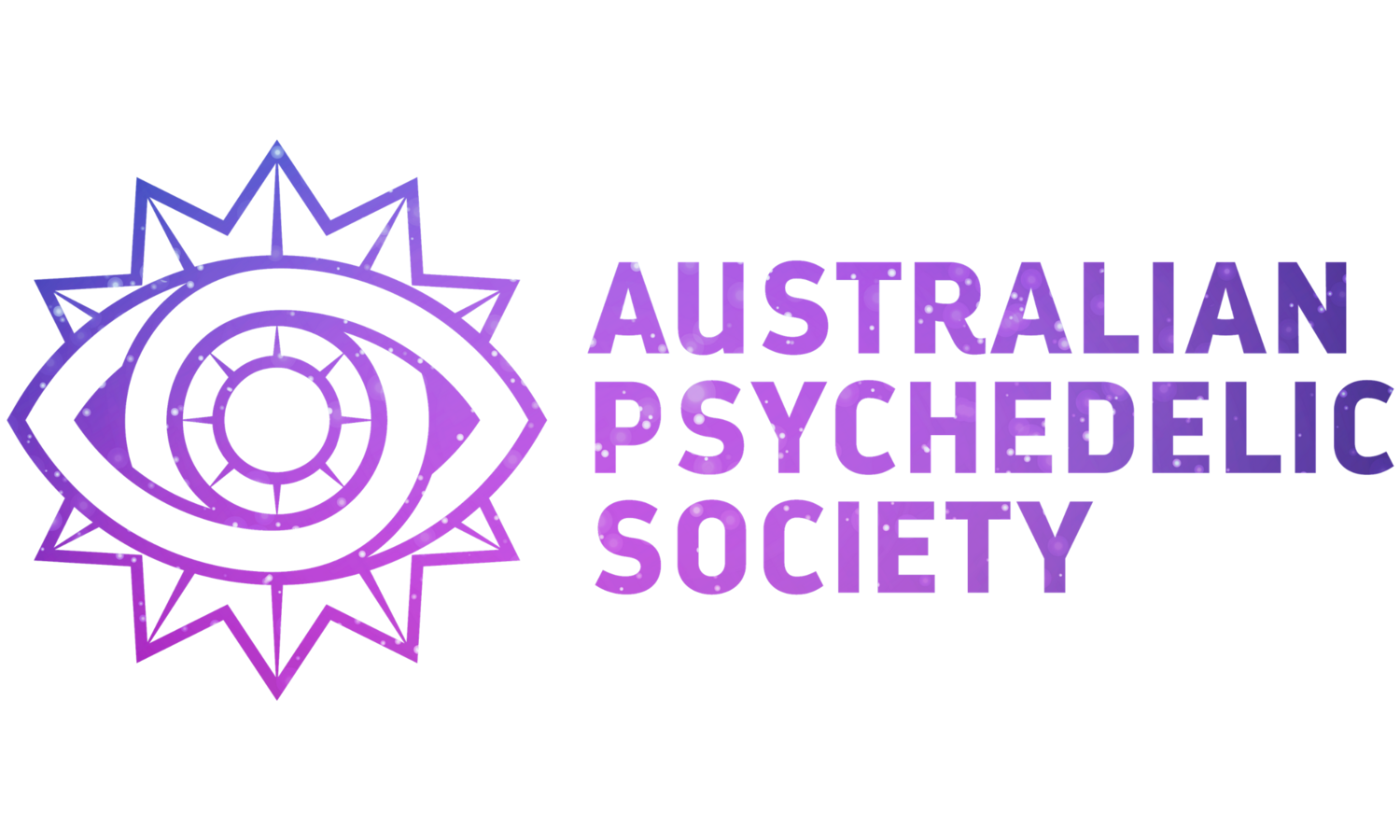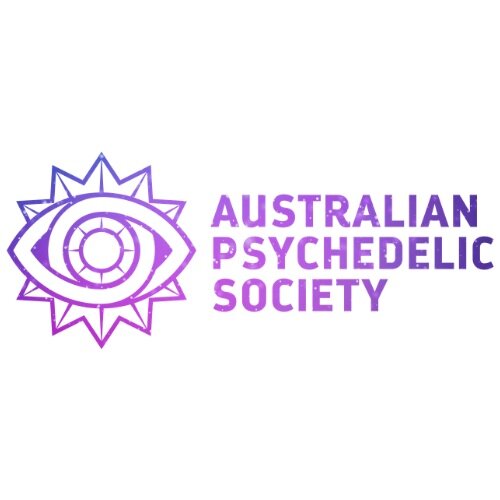Decriminalisation keeps women safe
By Antanika Hoberg
I began advocating for the decriminalisation of psychedelics with the Australian Psychedelic Society in 2018 because I’d had a life-changing experience and put my C-PTSD into remission with one session and I wanted as many people to have access to this medicine as possible.
Today I still back decriminalisation, possibly now more than ever, because my understanding of its importance has deepened. A paper from 2019 by Hughes et al found that adopting decriminalisation strategies in Australia, with a focus on health, could significantly reduce the burden on our criminal justice system as well as drug-related and social harms. Tran et al state that bringing decriminalisation in to cover all drugs would cut more than 50% of the current policy costs, meaning we can put more money back into the important stuff, like affordable mental health services, addiction services, education and training. I strongly believe that reducing the criminalisation of all substances, including psychedelics, plants, and other controlled substances, can promote better research, education, and public awareness, ultimately leading to their legalisation, medicalisation, and destigmatisation.
People turn to psychedelics and other substances in search of relief from physical or emotional pain. However, the fear of legal repercussions, social stigmatisation, and limited access to medical support and addiction treatment often prevents them from seeking the care they need. Changing public attitudes toward drug use can help alleviate these barriers and promote better health outcomes. I've observed firsthand that decriminalisation remains a critical step towards achieving this goal. By reducing the criminalisation of drugs and prioritising harm reduction strategies, we can create a safer and more compassionate environment that empowers individuals to seek help and support when they need it.
What is decriminalisation?
Decriminalisation involves the removal of a criminal penalty for using or possessing small amounts of drugs.
The recent announcement from the TGA regarding psychedelic treatments is a promising step forward, but it has also raised concerns. While the new treatment offers hope for many, it is important to note that not everyone will be eligible, and the cost of the treatment (between $15,000 and $20,000) may be a barrier for some individuals. This could result in vulnerable people seeking treatment outside of medical frameworks, as is already happening, leading individuals to the underground world of psychedelic therapy, which can be risky and unregulated. Without proper education and guidance, accessing these medicines can be dangerous, especially if done without a trusted support person or guide. It is important that the medical and psychedelic community continues to educate the public on the safe and responsible use of these treatments to ensure that those in need have access to effective care.
In my almost five years with the Australian Psychedelic Society, I have seen the benefits and potential risks associated with psychedelics. My biggest concern is the potential for harm in the psychedelic community, particularly when it comes to the safety of women in both above and underground settings. The stigma surrounding drug use and abuse deters women from reporting sexual abuse and unethical behaviour, thereby protecting facilitators and others from accountability. Without official regulators like AHPRA or the ACA, individuals who experience abuse in underground settings may feel alone and unsupported, with no clear path to justice. Although organisations like the Australian Psychedelic Society, and groups that have been set up in response to unethical claims in the psychedelic space, like The PATCH - The Psychedelically Aware Talking Circle Hub and Ethical Psychedelic International Community (EPIC), are working to support these individuals, our efforts are limited by the uncertain legal landscape.
I recently shared an article online about a woman who was manipulated and abused by an above-ground psychedelic facilitator in the US. Unfortunately, since sharing the article online I have heard from multiple women who have experienced similar situations at the hands of facilitators or others in these groups. Some individuals deny that abuse and harm occur within Australian psychedelic communities, simply because they have not personally witnessed it, or have found it’s easier to pretend it does not exist. However, it is important to recognise that many victims of abuse do not feel comfortable disclosing their experiences to men, or those they do not know well. This lack of awareness and communication among men or facilitators of psychedelic therapy going forward perpetuates harmful behaviour and makes it difficult to address and prevent abuse. Moreover, with the recent announcement of the TGA's selective eligibility criteria and the high cost of psychedelic treatments, I fear that vulnerable women seeking healing may be at increased risk of abuse and manipulation by facilitators or others in positions of power. Cimininalisation of psychedelics and all drugs keeps abuse in a silent feedback loop in the underground.
Abusive and predatory behaviour is unacceptable and represents a serious ethical issue in our communities. Moreso, it is deeply saddening that some victims feel responsible for their own abuse due to the illegal nature of psychedelic substances, or may be hesitant to report or seek counselling due to stigmatisation and fear of legal repercussions and ostracism from their communities. It is important to recognise that the responsibility for abuse lies solely with the abuser, and we should be creating a culture of accountability and transparency within our community.
We all can do better to address these systemic issues and support victims of abuse in all contexts. We must work to create a culture of transparency and accountability, and establish structures and support systems to ensure that victims of abuse are heard, supported, and given a voice. It is only through these efforts that we can hope to create a truly inclusive and responsible psychedelic community.
Change is slow, but I am committed to taking action. In response to these concerns and discussions, I created the Australian Psychedelic Society Women's Group with the full approval of our committee. Our community has grown to almost 700 women across Australia, and we meet monthly to discuss women's safety and harm reduction practices in psychedelic communities. In some states, we have in-person meet-ups for women to connect and support each other. Our group is inclusive and welcoming to women from all backgrounds. We hold monthly Zoom calls and encourage women to join us. Although the future is uncertain, we can navigate this together and work towards a safer and more responsible psychedelic community.
While decriminalisation might be a way off yet, an important step to improve safety is to increase access to education and harm reduction resources, and there are many ways we can do this.
Educate others: By educating others about the benefits of decriminalisation and the harm caused by the current drug policies, you can help change people's minds and build a movement for change. Read more about decriminalisation across the globe here, or share this article with them!
Contact lawmakers: Reach out to your local members of parliament to voice your support for decriminalisation and urge them to take action. You can write letters, make phone calls, and attend meetings to make your voice heard. More info here!
Donate to advocacy groups: There are several organisations like APS working towards drug policy reform. By donating to these groups, you can help fund their efforts to promote decriminalisation and other reforms. Donate to the APS here.
Attend protests and rallies: Joining protests and rallies can help raise awareness about drug policy reform and put pressure on lawmakers to take action.
Share your story: If you or someone you know has been affected by the war on drugs, sharing your story can help others understand the impact of current policies and the need for change. This can be done through social media, or public speaking events, blogs and journals. You could also consider contributing to the APS’s ‘My Psychedelic Experience’ project.
If psychedelics have taught me anything, it’s how crucial it is for individuals to educate themselves about harm reduction, seek support from local organisations and communities, and practice safe use when engaging in psychedelic experiences or supporting others.
I acknowledge that substance use is a complex issue that requires harm reduction strategies beyond decriminalisation. I will also remind the audience that I do not endorse illegal substance use. However, I recognise that people will continue to use these substances and despite any limitations, I believe that decriminalising psychedelics for recreational and therapeutic purposes will be an effective harm reduction strategy. In the meantime, continuing to provide accurate information about psychoactive and controlled substances and promoting safe use to facilitators, clients/participants, sitters, friends and the public is key to reducing the negative outcomes discussed above.
The Australian Psychedelic Society is committed to advocating for decriminalisation, harm reduction and supporting individuals and facilitators in accessing the appropriate support networks, psychedelic research and feedback and in doing so we hope to create a safer path forward for all of us.
For psychological support related to drug use, including psychedelics, it's important to seek advice from a qualified therapist or GP.
Emergency help: Beyond Blue: Call 1300 22 4636
Psychedelic-friendly psychologists for Harm minimisation or psychedelic integration.
Signs of Life Psychology Enlighten Mental Health


